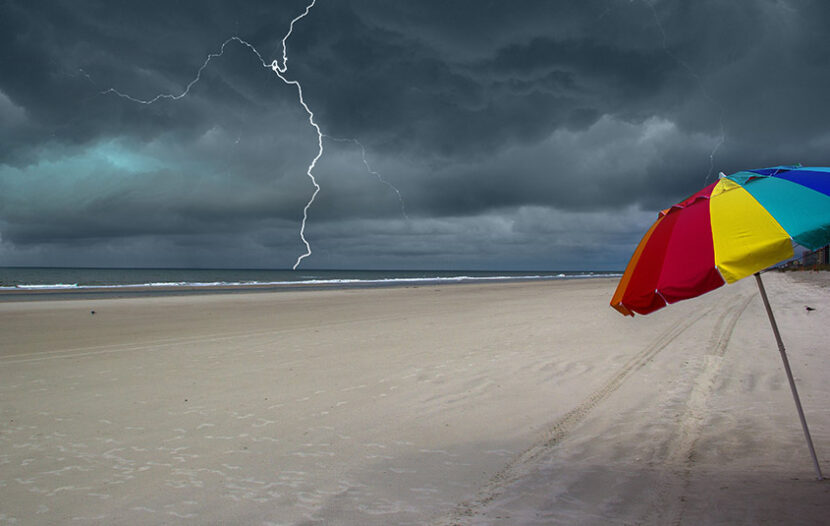TORONTO — Air Canada and WestJet are offering flexible change options as Tropical Storm Idalia heads for Florida.
Air Canada is advising passengers travelling in and out of Orlando and Tampa on Aug. 28, Aug. 29 and/or Aug. 30 that it has revised its ticketing policy to make it easier for those travelling on an affected flight to make changes to their booking without penalty, space permitting.
More information from Air Canada can be found here.
WestJet is also making it easier for passengers to change their flights with its Hurricane / Tropical Storm Promise. For travel to/from Orlando, Tampa, Ft. Myers and/or Fort Lauderdale on Aug. 29 and/or Aug. 30, WestJet has announced Flexible Change/Cancel guidelines.
More details from WestJet are here.
TROPICAL STORM IDALIA UPDATE
Tropical Storm Idalia intensified earlier today and was expected to become a major hurricane before it reaches Florida’s Gulf coast, according to the National Hurricane Center.
An increasing risk of life-threatening storm surge and dangerous hurricane-force winds in Florida could come into play as soon as late Tuesday.
Meanwhile heavy rainfall in western Cuba could produce flooding and landslides, forecasters said, and hurricane-force winds were expected later today.
At 8 a.m. this morning, Tropical Storm Idalia was about 150 kilometers off the western tip of Cuba with maximum sustained winds of 100 kph. The storm was moving north at 13 kph at the time. The centre’s update also included a hurricane advisory for the Cuban province of Pinar Del Rio.
Forecasters said they expected Idalia to become a hurricane later today and a dangerous major hurricane by early Wednesday over the northeastern Gulf of Mexico. Idalia was expected to move northward Monday, then turn north-northeast on Tuesday and Wednesday and move at a faster pace. The center was forecast to pass over the extreme southeastern Gulf of Mexico by early Tuesday, and reach the Florida’s western coast on Wednesday.
Along a vast stretch of Florida’s west coast, up to 11 feet (3.4 meters) of ocean water could surge on shore, raising fears of destructive flooding.
At a Sunday afternoon briefing, Florida Gov. Ron DeSantis noted that much uncertainty remains in the forecast.
“This thing hasn’t even gotten to Cuba yet, and the water in the Gulf is very, very warm and so that will provide some fuel for this thing to pick up some more speed,” DeSantis said.
Mexico’s National Meteorological Service on Sunday warned of intense to torrential rains showering the Yucatan Peninsula, with winds as fast as 89 kph.
It said the storm could cause anything from powerful waves to flooding in southern Mexico, mainly around coastal cities in the Yucatan and Quintana Roo states. It asked citizens to stay alert.
Florida has mobilized 1,100 National Guard members, and “they have at their disposal 2,400 high-water vehicles, as well as 12 aircraft that can be used for rescue and recovery efforts,” said DeSantis.
“If you are in the path of this storm, you should expect power outages,” he added.
So far this year, the U.S. East Coast has been spared from cyclones. But in the West, Tropical Storm Hilary caused widespread flooding, mudslides and road closures earlier this month in Mexico, California, Nevada and points to the north.
The National Oceanic and Atmospheric Administration recently said the 2023 hurricane season would be far busier than initially forecast, partly because of extremely warm ocean temperatures. The season runs through Nov. 30, with August and September typically the peak.
With file from The Associated Press

